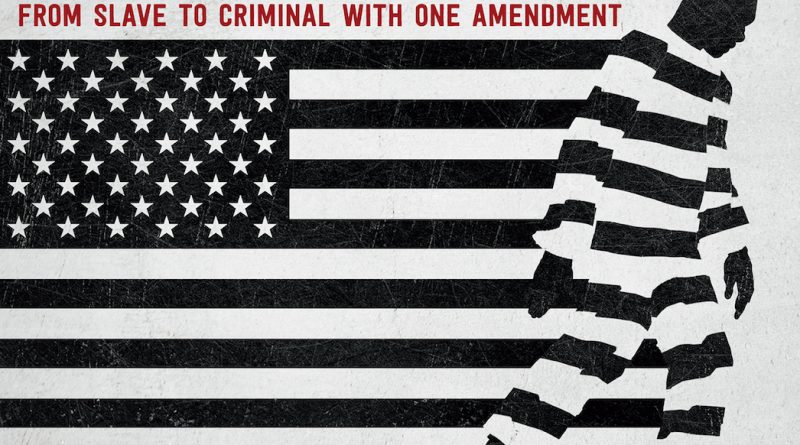America’s New Slavery: A Review of Netflix’s 13th
By: Brett Slaughenhaupt – Movie Columnist
Neither slavery nor involuntary servitude, except as a punishment for crime whereof the party shall have been duly convicted, shall exist within the United States, or any place subject to their jurisdiction.
-13th Amendment to the U.S. Constitution
In 100 short minutes, the forever talented Ava DuVernay has created a sweeping documentary that takes on the failing criminal justice and prison systems within the United States in a post-slavery and Jim Crow era. The messaging can be summed up neatly with: slavery was abolished in 1865, but that does not mean that slavery does not still exist.
Using a multitude of talking heads to span the topics, there is an opportunity to see scholars from all races, and even some familiar faces like Cory Booker and Newt Gingrich– the latter who ties together one of the most important themes with his statement that white people “do not understand what it is like to be black in America.” These talking heads are interspaced with political rap songs that act as transitioning devices. It is nice play off of everyone who calls out rap to be gross or a device to perpetuate racial stereotypes.
Every directorial choice made by DuVernay intentionally creates the other side of the conversation.
Have you seen black people predominantly portrayed by media as criminals and thugs? Well, this documentary talks about that and gives you the faces and names of black men and women who are educated and powerful. Have you been taught about slavery in school every year since you were in grade school? Well, you are told the story of a grade school-aged boy named Emmett Till and shown the image from his open casket after he was beaten and lynched for flirting with a white woman.
Ava DuVernay does not care about your sensibilities; she wants you to pay attention.
Beyond fighting against the antiquated ideas of racism, 13th has one all-encompassing enemy: harmful and hateful rhetoric that has been used irresponsibly on a consistent level throughout history in this country. Terms like “super predators” and initiatives like the war on drugs were thinly veiled attempts to create a chasm between white and black America.
In the end, 13th is an important documentary in the same way that Lemonade or Anti or Seat at the Table are important: it gives black women the ability to control the conversation and shine some light on something that often stays in the dark. We are truly experiencing black art advocating for black freedom. Now it is up to the rest of us to keep the light shining and clean up this centuries-old mess that we, of white America, put everyone else in.
Photo Courtesy of netflix.com

